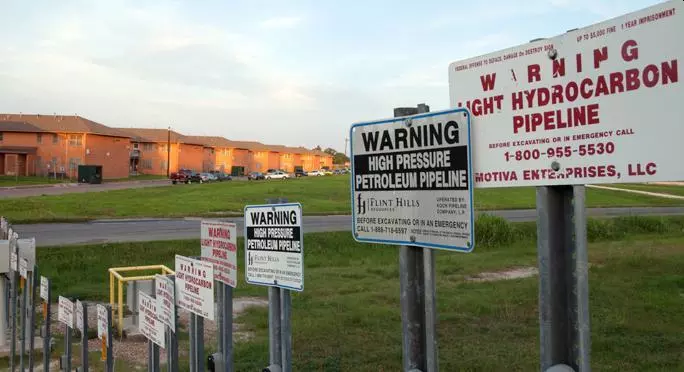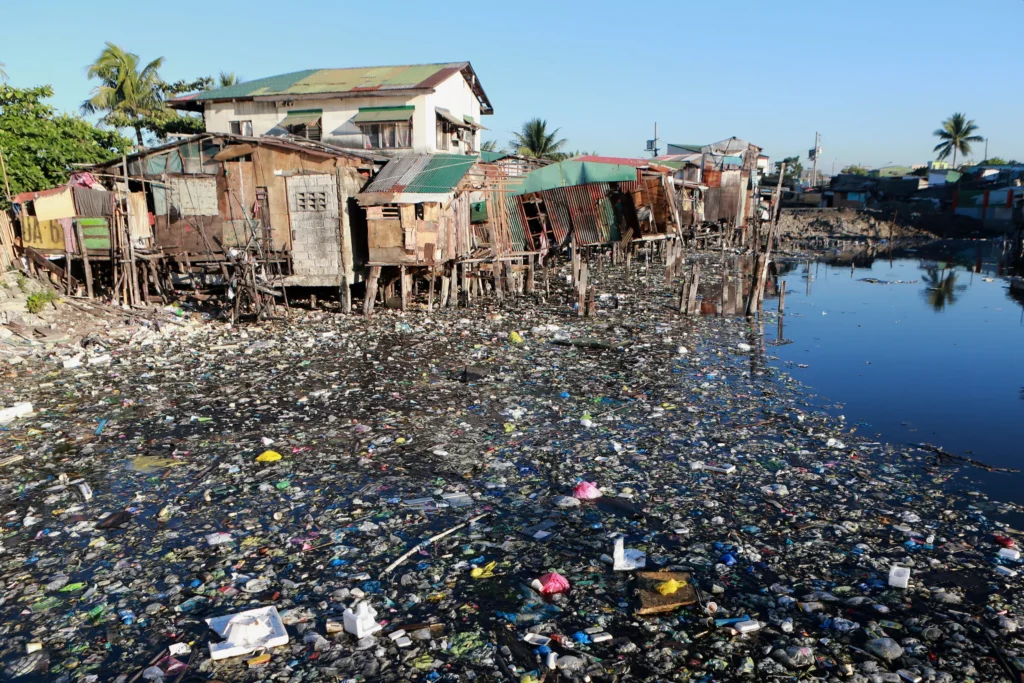The Special Rapporteur describes the ongoing toxification of people and the planet, which is causing environmental injustices and creating “sacrifice zones”, extremely contaminated areas where vulnerable and marginalized groups bear a disproportionate burden of the health, human rights and environmental consequences of exposure to pollution and hazardous substances.
The Special Rapporteur highlights State obligations, business responsibilities and good practices related to ensuring a non-toxic environment by preventing pollution, eliminating the use of toxic substances and rehabilitating contaminated sites.
Special Rapporteur Environment David Boyd
“The toxification of earth is intensifying. Hundreds of millions of tons of chemicals are dumped annually into our air, water and soil. Production of chemicals are expected to double by 2030 and triple by 2050. Unless ambitious urgent and worldwide action is taken, exposures will increase, health will worsen, and human rights violation will multiply.
“Achieving a non-toxic environment is a human rights obligation, not an option. The recent recognition of the right to a clean, healthy and sustainable environment by the Human Rights Council should mark a turning point in society’s approach to pollution and toxic substances.
“States and businesses must vigorously pursue zero pollution and the elimination of toxic substances. Prevention, precaution and non-discrimination must be the paramount principles in environmental policy making… A human rights-based approach to preventing exposure to pollution and toxic chemicals could save millions of lives, improve the quality of life for billions of people and save trillions of dollars.“
Saint Vincent and the Grenadines, Delegation of the country concerned
“The biggest challenge for the country is climate change, which is wreaking havoc on farms, fisheries, housing infrastructure and communities, violating many rights, including cultural rights. Saint Vincent and the Grenadines have supported and implemented several important and ambitious programmes on climate change, but it is the action of historical large emitters which would make a real difference in countering the issue. We are committed to advocate and champion towards countering the climate crisis in our foreign policy.”
Yves Lador, Permanent Representative of Earthjustice to UN Geneva
“The right to not be exposed to hazardous substances is vital as repeatedly stated by the SR on toxics and HR since 1995. Today’s report illustrates the current extent of the violation of this right. Sacrifice zones show the limitation of fragmented environmental policies. The right to a clean, healthy and sustainable environment has a role to play by providing a more coherent vision of the measures to be taken by States to prevent the emergence of such zones and to rehabilitate them where they exist.
“Sacrifice zones are also created by the worsening of climate change and loss of ecosystems. Therefore this Council must keep a close eye on all of them. We call on the Special Procedures to continue to collaborate and regularly report on all these zones.”
Tags: The Right Not to Be Exposed to a Toxic Environment



